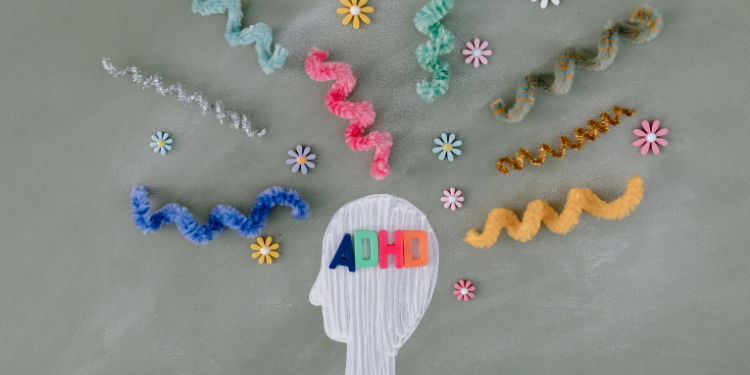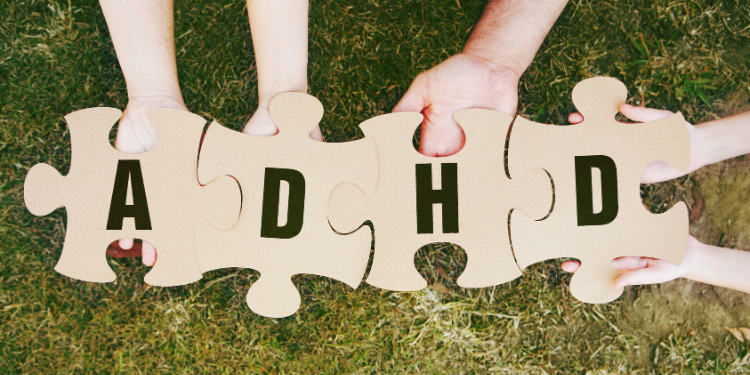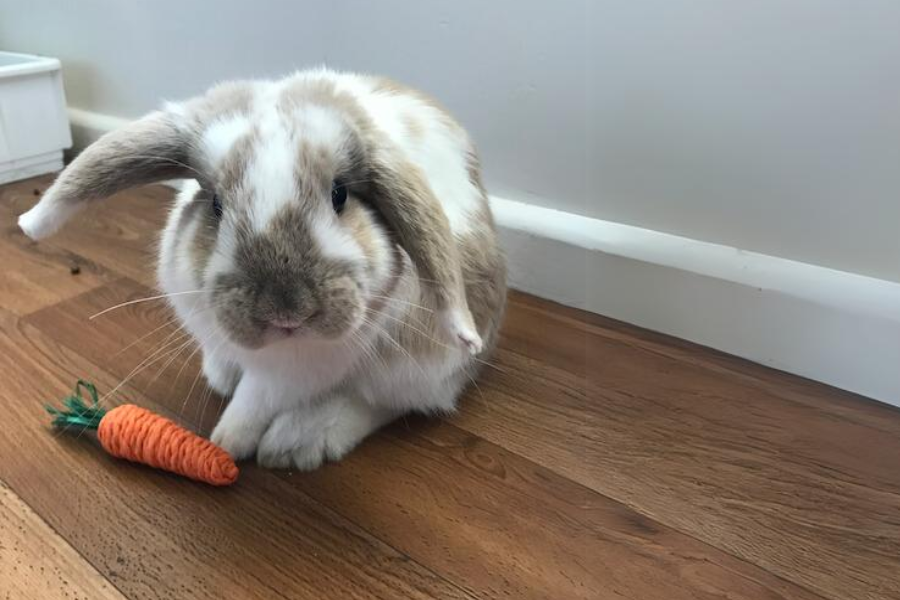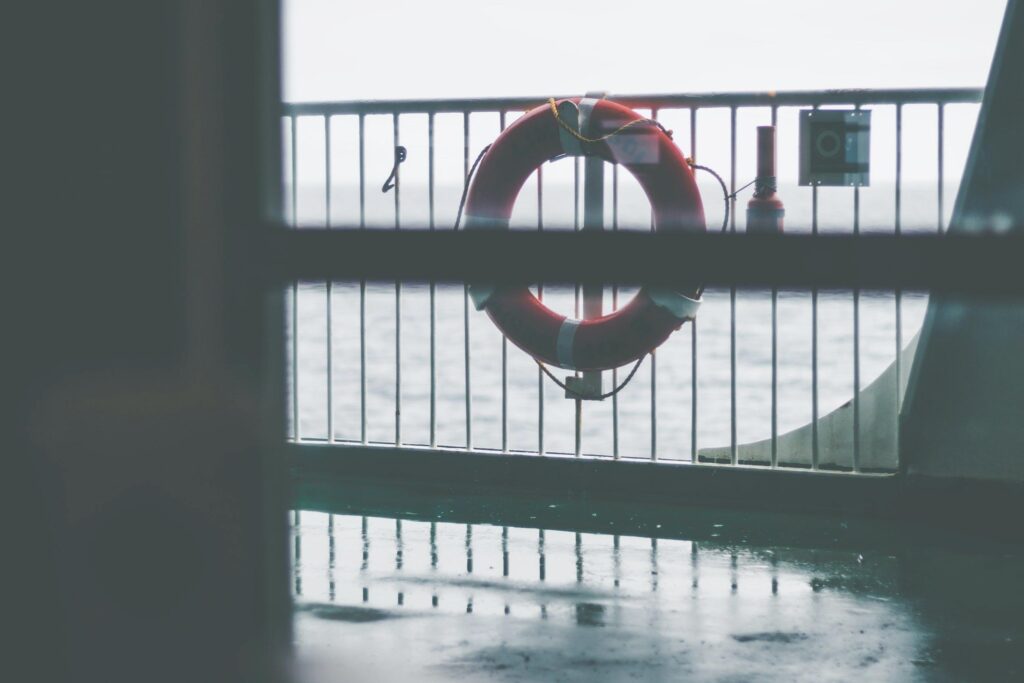‘But I have calmed and quieted myself’
Psalm 131:2
During the last 18 months, and in particular the last 100 days, there have been times when I have felt anything but calm and quiet. There are tell-tale signs that I am feeling stressed, discombobulated or out of control. Things such as:
- the way I interact with my husband – I become short, I withdraw, I am grumpy,
- cupboard doors and drawers are closed a little harder than needed,
- my brain feels overloaded with racing thoughts and questions, and
- I can feel adrenaline surging through my body.
What alerts you to a need for calm?
There is a well-known saying, ‘Keep calm and carry on.’[1] You will have seen it on mugs and tee-shirts with an image of the royal crown. It conveys the idea that keeping calm is something you can just do. But my experience is that things are not as simple as saying these words like a mantra that will magically work its charm.
As we emerge from lockdown, we don’t know what our new normal will look like. No one can say for sure what will happen as we continue to live with and fight a disease that has been difficult to manage. Many of us have more questions than ever about the ‘what next’.
Will we all need a booster shot vaccination? Will it be safe to catch up with friends? Will we ever be able to gather in churches like we used to? Will masks be an ongoing part of life or a thing of the past? We don’t have answers that provide us with confidence and certainty.
So, when worries abound and my mind won’t settle, ‘Keep calm and carry on’ doesn’t seem to cut it. Maybe it’s a flawed refrain. Is there an alternative?
Psalm 131 belongs to a collection known as The songs of Assent, sung by the Israelite people as they journeyed towards Jerusalem. Its three short verses are surprising and profound. This psalm of David suggests that he found a state of calm, but he needed to work at it: ‘But I have calmed and quieted myself’ (Psalm 131:2).
What did he do? In essence, he reflects upon himself and upon God. And it seems that it’s his understanding of God that enables him to perceive himself aright. King David gives us a glimpse into his humility as a leader and as a man of God. He knows that he doesn’t and can’t have all the answers (v1). He knows he is fully dependent upon the sovereign Lord and his confidence lies in him (v3).
David’s humble trust in God calmed his soul:
I am like a weaned child with its mother; like a weaned child I am content.
— Psalm 131:2
Hungry, unweaned children are restless. They can smell milk and twist and turn, seeking their mother’s breast. But the weaned child in its mother’s arms sits silent, feeling safe and secure. Mum’s lap is home where all is well. When you know you are loved and cared for, you can rest content.
Yet it’s hard to match the ideal of Psalm 131. Even King David did not always live up to what he professed in this psalm. Only great David’s greater Son displayed such flawless trust.
Yes, like David, I too know the kind and sovereign Father God. And I know a deeper and more immense revelation of his love in the giving of his beloved Son for me. I also know that even a small grasp of the truth of what God is like makes any pride in my heart seem foolish.
And yet … this knowledge does not vaporise all my fears and create perfect peace in the face of uncertainty. Thank God that even when I continue restless, I am held safe with everlasting arms of kindness and grace (see Deuteronomy 33:27).
So, how do we calm ourselves in the coming days as we continue to emerge out of lockdown?
Perhaps the most important thing we need to hear is that it’s okay to fail in our attempts to quieten our inner angst. For a whole range of reasons, our attempts to mirror the contentment of the weaned child may not come about. But it’s okay, because our safety and security don’t depend upon our efforts. They depend upon the God who always has our back; who holds us with safe hands. As Jesus said of the sheep he knows and loves, “I give them eternal life, and they shall never perish; no one will snatch them out of my hand” (John 10:28)
But if you do have the inner reserves to work on some things, perhaps these suggestions might be of help:
1. Recognise the signs that you are feeling stressed or worried. Acknowledge these and let yourself have words that say, “I need to calm down.”
2. Read a Psalm such as Psalm 46 and let its truths fill your mind. Read it over slowly a few times. Turn to the Lord in prayer and know that his eyes see you, his ears hear you, even your tiny silent groans.
3. What has helped you in the past to calm down?
- Slowing your breathing?
- Noticing a tree or some flowers? Going outside and noticing the sunshine?
- Getting out for a walk? Or a run?
- Making a cup of tea, then sitting and drinking it while holding the cup in your hands?
- A warm bath?
- Connecting with friends who you can share with?
4. Develop a list of strategies that you know work for you and turn to them when you need help.
5. We have developed an online course Press On: Building resilience & mental wellbeing. This course will help you think more deeply about how you respond to the demands of life and about how to calm down and manage stress.
Thank you to Keith who helped craft this piece.
[1] This saying has its origins in 1939 and was one of three key messages created by Britain’s wartime department, the Ministry of Information. However, it was never used and the original poster was rediscovered and popularised in 2000 which is where most of us now recognise this saying. See more here.




